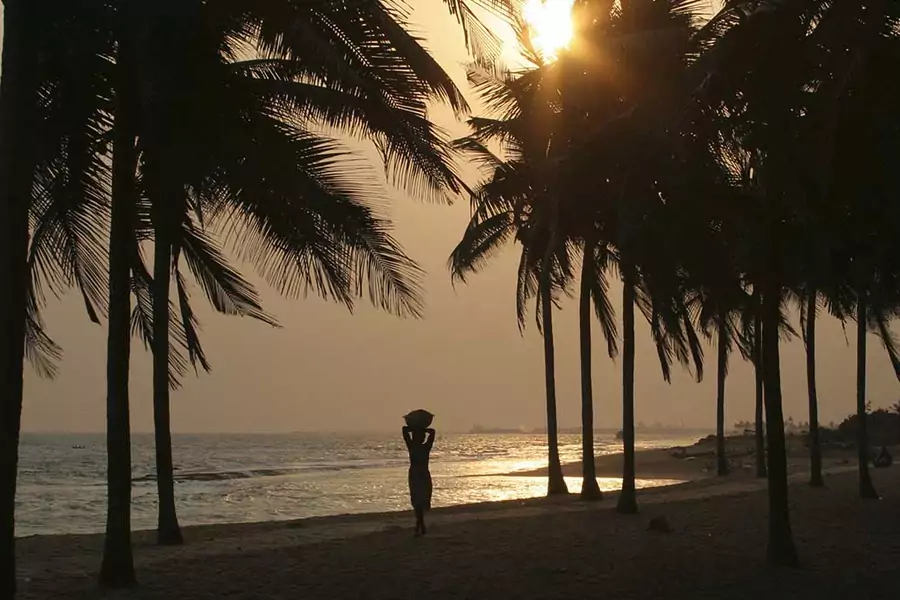Coastal West Africa Now Facing Islamist Extremist Threat

Adam Valavanis is a former intern with the Africa Program at the Council on Foreign Relations. He received a master’s degree in conflict studies from the London School of Economics and Political Science.
West Africa is facing a growing threat from Islamist extremist groups. Many of these groups originated in Mali but have since spilled over its borders, with jihadis establishing themselves in the north and east of Burkina Faso. The country has become a desirable haven for many groups because of the security vacuum that has defined the country following the deposition of longtime strongman Blaise Compaore. The presence of these groups, including Ansaroul Islam, Islamic State in the Greater Sahara, and Jama’at Nusrat al Islam wal Muslimeen, has precipitated a rise in interethnic and interreligious tensions in a country that has for years been characterized by peaceful coexistence.
More on:
Burkina Faso's inability to clamp down on many of the extremist groups operating inside its borders has allowed such groups to use the country as a launch pad for attacks in coastal West African countries, most notably Benin. Burkina Faso borders Pendjari National Park in Benin's northwest. This forest has become the site of several incursions by jihadis, who have attacked communities and tourists in the area. The situation has become so dire in the north that both France and the United States have issued travel warnings for Pendjari and the surrounding areas. Such incursions by Islamist groups come at a time of political fragility in Benin, following its controversial legislative elections in April. The protests and general sense of insecurity that have gripped the country in the last few months could provide fertile ground to extremist groups looking to gain a foothold in the country. Officials fear that jihadis have also infiltrated Togo and Ghana.
Currently, the most comprehensive effort to combat Islamist terrorism and intercommunal violence in the region is the G5 Sahel Joint Force, a security partnership between five states in the Sahel and supported by France. Unfortunately, the G5 has faced funding shortfalls, preventing it from quickly and effectively responding to threats as they arise.
For most of the past decade, coastal West Africa has been spared the Islamist violence that has dominated the Sahel. It hosts some of the continent's most stable democracies, including Senegal, Ghana, and Benin. The region has also become a hotspot of foreign investment, attracting interest from the West as well as China and Turkey. The presence of Islamist groups, along with ongoing issues such as corruption and drug trafficking, threatens to upend all of this.
More on:
 Online Store
Online Store